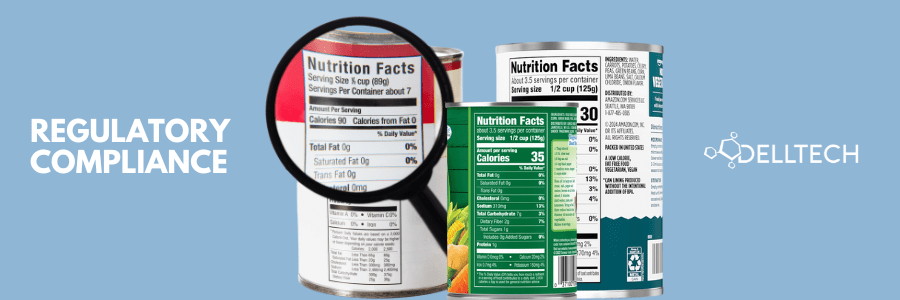By: Jacqui Jenskey, Senior Regulatory Affairs Specialist, email
It probably shouldn’t be.
Most alcohol-based hand sanitizers in Canada have been registered under the Antiseptic Skin Cleansers (Personal Domestic Use) Monograph, which does not authorize a product to make a kills 99.9% claim.
As detailed in the Health Canada Guidance Document – Human-Use Antiseptic Drugs, claims outside of the Monograph that require submission of efficacy data for pre-market approval include;
- efficacy against any specific organisms;
- persistence claims;
- log reduction or % reduction (kill) claims;
- antiviral claims.
To check if a product is authorized to make a kills 99.9% claim, check the product in the Licenced Natural Health Products Database. If the recommended use or purpose is listed as “As authorized in the NHPD monograph(s) to which the applicant attested” then the product is not approved to make a kills 99.9% claim.
Unauthorized claims are considered non-compliant labelling and risk a stop-sale order and recall order of the product.
For help getting your hand sanitizer approved to make the kills 99.9% claim, contact Dell Tech today.
Contact:
Dell Tech Laboratories
Jacqui Jenskey
Senior Regulatory Affairs Specialist
519-858-5021 x 2028
jjenskey@delltech.com
Dell Tech has provided professional, confidential consulting services to the chemical specialty
industry in Canada, the USA, Europe, and Asia for the last 40 years.
Contact us today for more information.
www.delltech.com




